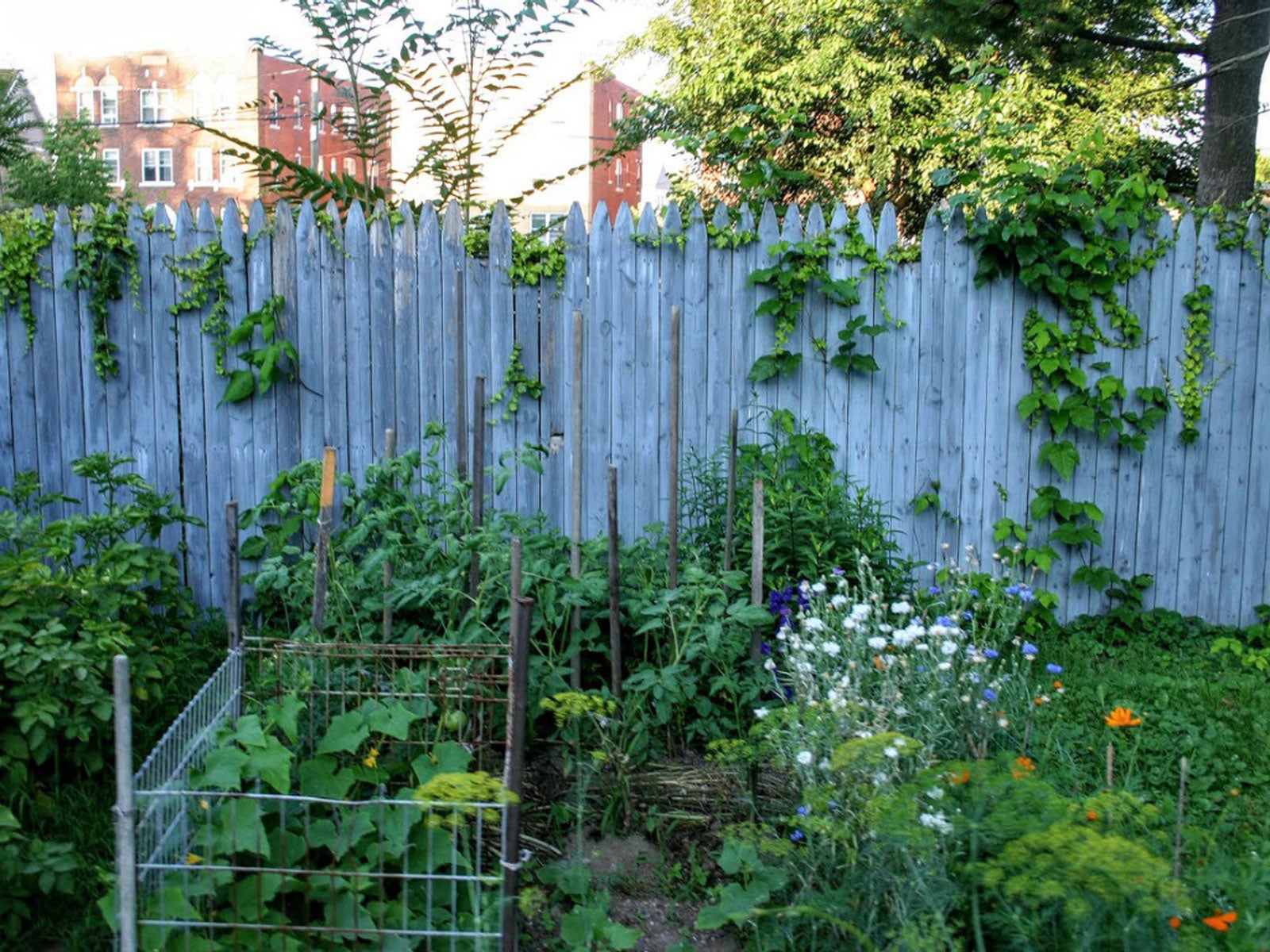What Is A Backyard Farm – Backyard Farming In The City


It is not uncommon to find flocks of urban chickens nowadays. This is a simple way to interpret backyard farming ideas. However, you don't have to raise farm animals to try urban backyard farming. Even condo-dwellers can integrate the concept with raised food beds and container crops. Small spaces or large, backyard farming in the city is not only possible but it’s impossibly chic.
What is a Backyard Farm?
Would you like to take control of what you put on your plate? Sick of processed foods, high veggie and fruit costs, or chemicals and dyes in your food? Urban backyard farming may be your answer. What is a backyard farm? It encompasses sustainable ideas, combines a variety of your favorite foods, and enhances the space. Your farm can provide you with organic meals and enough produce to share with family and friends.
By starting slow and planning carefully, you can develop a garden that provides you with much of your food. Over time you can add elements as space, time, and expenses allow. A kitchen window herb garden is a simple way to start urban farming. Growing upside down tomatoes in summer or a tabletop planter of greens are also easy, inexpensive ways to start backyard farming crops.
Backyard farms provide exercise, stress relief, healthier food, save money, enhance the garden, and in some regions produce food year-round. You don't have to devote all your yard to food production, and you don't have to sacrifice that landscaped look. By tucking in edible plants that are beautiful and still grow food, you can have a finished look to your garden, and even indoors.
Starting Backyard Farming in the City
Unless you have done this before, the first rule is to start simple. Choose backyard farming crops that you enjoy eating. If there are existing plants, consider replacing them with those that produce food.
An ornamental maple is a thing of beauty during several seasons, but a fruit tree will provide your family food for a lifetime. Make sure you have a wide variety of herbs, fruits, and vegetables. Utilize space by vertical gardening and make sure you start a compost pile, so you have plenty of ready "black gold" on hand.
Once you have mastered a plan to integrate food into your space, you can branch out into other backyard farming ideas.
Gardening tips, videos, info and more delivered right to your inbox!
Sign up for the Gardening Know How newsletter today and receive a free copy of our e-book "How to Grow Delicious Tomatoes".
Other Facets of Backyard Farms
If you have the space, adding chickens is a great way to provide a constant supply of organic eggs. Feed them your kitchen scraps combined with chicken chow for balanced nutrition. Chickens will reduce pests in the garden and produce rich manure for your plants.
You might also consider bee keeping, which can provide your own honey and plenty of pollinators to make your fruits and veggies grow. Encourage beneficial insects with insect houses and by using natural methods of pest and weed control.
Don't just focus on annual, seeded crops. Commit to perennials like asparagus, strawberries, and artichokes. There are no hard and fast rules for backyard farms, which is great. You can tailor the space to suit you and your family's needs.

Bonnie Grant is a professional landscaper with a Certification in Urban Gardening. She has been gardening and writing for 15 years. A former professional chef, she has a passion for edible landscaping.
-
 Looking For Plants To Give You The Soft And Fuzzies? Try These 5 Fuzzy Leaf Plant Options
Looking For Plants To Give You The Soft And Fuzzies? Try These 5 Fuzzy Leaf Plant OptionsLovers of texture, drama, silver foliage and tactile plants will adore these special sensory garden additions. These fuzzy leaf plant options will leave you all aglow
By Susan Albert
-
 Get Ready For A Summer Of Hummers! Grow These Full Sun Hummingbird Plants and Flowers
Get Ready For A Summer Of Hummers! Grow These Full Sun Hummingbird Plants and FlowersIf you’re lucky enough to enjoy a sunny backyard, make sure you are maxing out on your pollinator opportunities and grow these full sun hummingbird plants and flowers
By Tonya Barnett